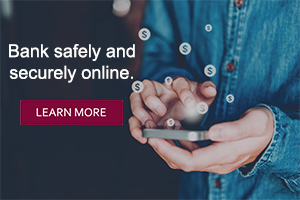Keeping your computer secure helps you avoid malware and direct hacking attempts designed to steal your personal information.
Require a login password
A login password will help secure your computer and prevent people from accessing your files without permission. Make sure to create a complex password.
Encrypt your hard drive
Protecting your laptop with a password is not enough to prevent an attacker from accessing your files. Attackers can remove the hard drive and read the files directly. To prevent this and to protect your data from physical attacks, encrypt your laptop’s hard drive.
Backup your data
Backing up your data is essential to ensuring you will not lose what you hold dear. You can go with either a local backup or a cloud backup.
Keep your system and software up-to-date
Don’t download random things and keep your software up to date. Modern browsers such as Chrome and Firefox have auto-update enabled by default. You still need to restart them from time to time. Turn on auto-update for your operating system and apps to benefit from the latest security patches.
Additional computer security
Add a privacy screen. Shoulder surfing attacks are more common than you would think. Humans are curious by nature and will naturally glance at your screen anywhere. Use a privacy screen that limits the viewing angles.
You may also add a physical cover over your computer camera and remove as necessary.
To protect your privacy while using public Wi-Fi, use a VPN service (virtual private network). The VPN encrypts the traffic between you and the VPN server. This makes it impossible for people on the same network to track what you are doing.





